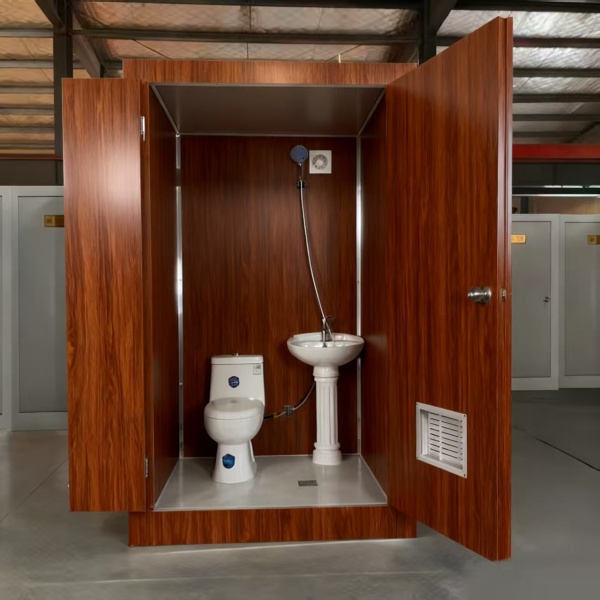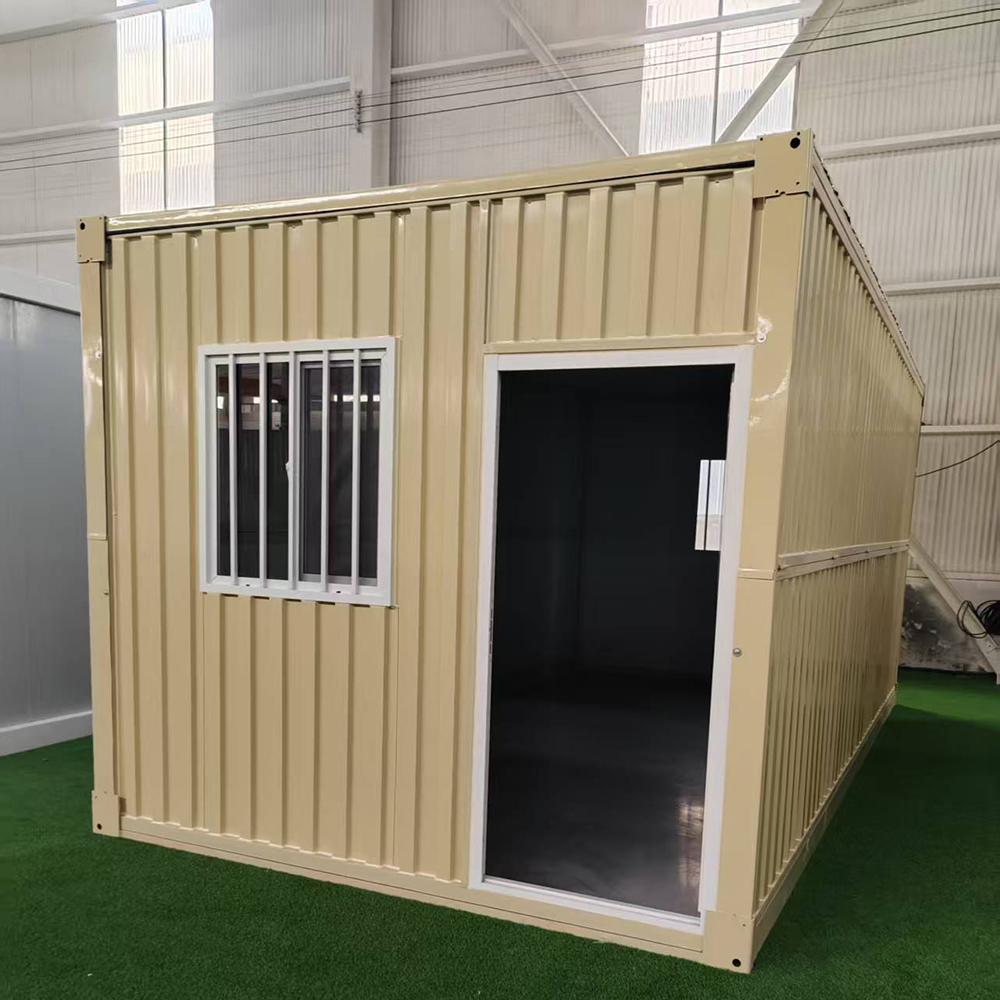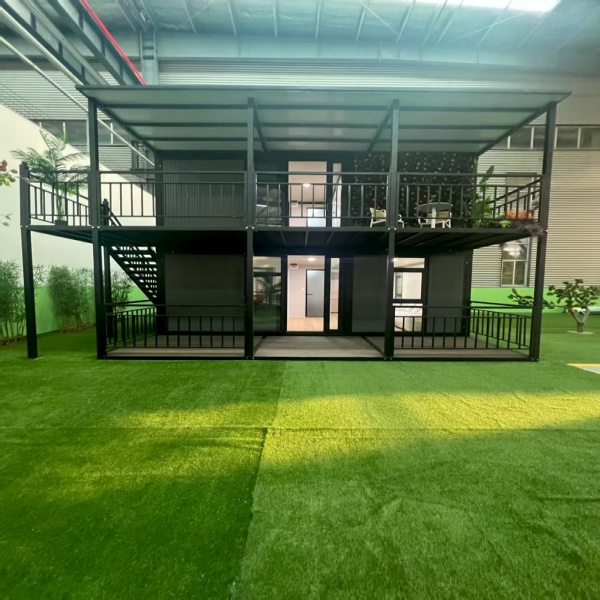-
E-mail
Austin120521@outlook.com -
E-mail
sales@jujiuhouse.com -
Telephone
+86-17864099991 -
Telephone
+86-17854044442
- Chinese
- French
- German
- Portuguese
- Spanish
- Russian
- Japanese
- Korean
- Arabic
- Irish
- Greek
- Turkish
- Italian
- Danish
- Romanian
- Indonesian
- Czech
- Afrikaans
- Swedish
- Polish
- Basque
- Catalan
- Esperanto
- Hindi
- Lao
- Albanian
- Amharic
- Armenian
- Azerbaijani
- Belarusian
- Bengali
- Bosnian
- Bulgarian
- Cebuano
- Chichewa
- Corsican
- Croatian
- Dutch
- Estonian
- Filipino
- Finnish
- Frisian
- Galician
- Georgian
- Gujarati
- Haitian
- Hausa
- Hawaiian
- Hebrew
- Hmong
- Hungarian
- Icelandic
- Igbo
- Javanese
- Kannada
- Kazakh
- Khmer
- Kurdish
- Kyrgyz
- Latin
- Latvian
- Lithuanian
- Luxembou..
- Macedonian
- Malagasy
- Malay
- Malayalam
- Maltese
- Maori
- Marathi
- Mongolian
- Burmese
- Nepali
- Norwegian
- Pashto
- Persian
- Punjabi
- Serbian
- Sesotho
- Sinhala
- Slovak
- Slovenian
- Somali
- Samoan
- Scots Gaelic
- Shona
- Sindhi
- Sundanese
- Swahili
- Tajik
- Tamil
- Telugu
- Thai
- Ukrainian
- Urdu
- Uzbek
- Vietnamese
- Welsh
- Xhosa
- Yiddish
- Yoruba
- Zulu
- Kinyarwanda
- Tatar
- Oriya
- Turkmen
- Uyghur

China apple creek cabins
Exploring China Apple Creek Cabins: Insights and Experiences
The idea of China apple creek cabins often conjures up images of serene getaways combined with intricate design and practical functionality. What many might not know is the fascinating interplay of aesthetics and engineering that goes into these structures, a subject I’ve delved into through both research and firsthand experiences.
The Charm of Apple Creek Cabins in China
China’s integrated housing market has seen a remarkable evolution, blending tradition with modernity. These cabins, known for their strategic designs and practical setups, are often manufactured by companies like Shandong Jujiu Integrated Housing Co., Ltd. The company, which can be found online at jujiuhouse.com, stands out in the industry for its innovative approaches.
In my visits to sites featuring these cabins, one observation stood out: the blend of nature with human crafting. These cabins often sit in landscapes that heighten their appeal, each being designed to complement its surroundings. This harmony is not accidental but the result of precise architectural consideration.
However, achieving such harmony isn’t without challenges. The logistics involved in transporting and assembling components in remote areas demand meticulous planning and coordination.
Design Aspects: More Than Meets the Eye
What differentiates China apple creek cabins from other modular structures is their innovative use of space and materials. Shandong Jujiu, for example, demonstrates how design can serve both aesthetic and practical purposes through their use of light steel and other durable materials.
During a factory visit, watching the production process revealed the intricate detailing that goes into each unit. Each cabin component is crafted with both efficiency and durability in mind, factors critical in catering to diverse climatic conditions across China.
My experience with Shandong Jujiu has been one of professionalism and innovation. Their commitment to sustainable practices and quality control is evident in every step, from initial concept to final installation.
Installation: The Practical Challenges
There’s more to installing an apple creek cabin than simply following a blueprint. A friend who recently transformed his mountainside lot into a tranquil retreat shared insights into the unexpected hurdles they faced.
From uneven terrain to unpredictable weather, the installation phase called for flexibility and creative problem-solving. Shandong Jujiu’s comprehensive support and adaptability came as a blessing amidst potential setbacks.
This hands-on experience underscored the importance of selecting a company that not only provides high-quality products but also robust after-sales support. It’s the unseen hurdles that truly test the mettle of both product and provider.
Sustainability: A Forward-Thinking Approach
In today’s environmentally conscious market, sustainability is a feature that cannot be overlooked. Here, Shandong Jujiu Integrated Housing Co., Ltd. shines brightly. Their focus on eco-friendly materials and energy-efficient designs emphasizes long-term viability.
The integration of sustainable practices doesn’t just end at materials. Energy-efficient solutions are implemented right from the start, making each cabin not just a temporary shelter but a responsible choice.
Observing their process and the satisfaction of the clients proves that sustainable living is more than a trend—it's a commitment to future generations.
Final Thoughts on Apple Creek Cabins
China apple creek cabins represent more than just a housing option; they embody a lifestyle choice. My experiences, coupled with insights shared by others, weave a picture of a rapidly growing sector marked by innovation and practicality.
Working closely with companies like Shandong Jujiu highlights the intricate balance of design, production, and client satisfaction that underpins the success of these cabins.
In conclusion, while these structures can be seen as modern architectural marvels, they are also a testament to thoughtful engineering and the relentless pursuit of quality.
Related products
Related products
Best selling products
Best selling products-
 Movable Prefabricated Container House Villas Modular Portable Homes 1 Bedroom Container House Offices Apartments
Movable Prefabricated Container House Villas Modular Portable Homes 1 Bedroom Container House Offices Apartments -
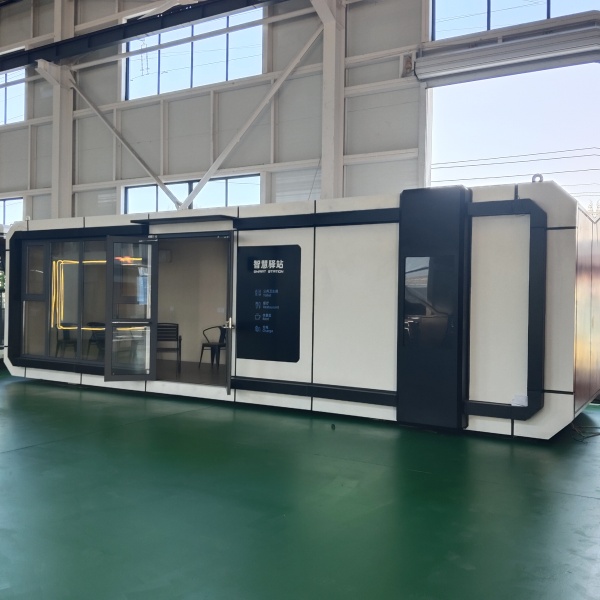 Modular modern movable apple cabins, customized high-end folk houses and portable bedrooms, delivered as a whole
Modular modern movable apple cabins, customized high-end folk houses and portable bedrooms, delivered as a whole -
 Hot-selling foldable container houses, expandable prefabricated houses, suitable for office or living use, with fast delivery.
Hot-selling foldable container houses, expandable prefabricated houses, suitable for office or living use, with fast delivery. -
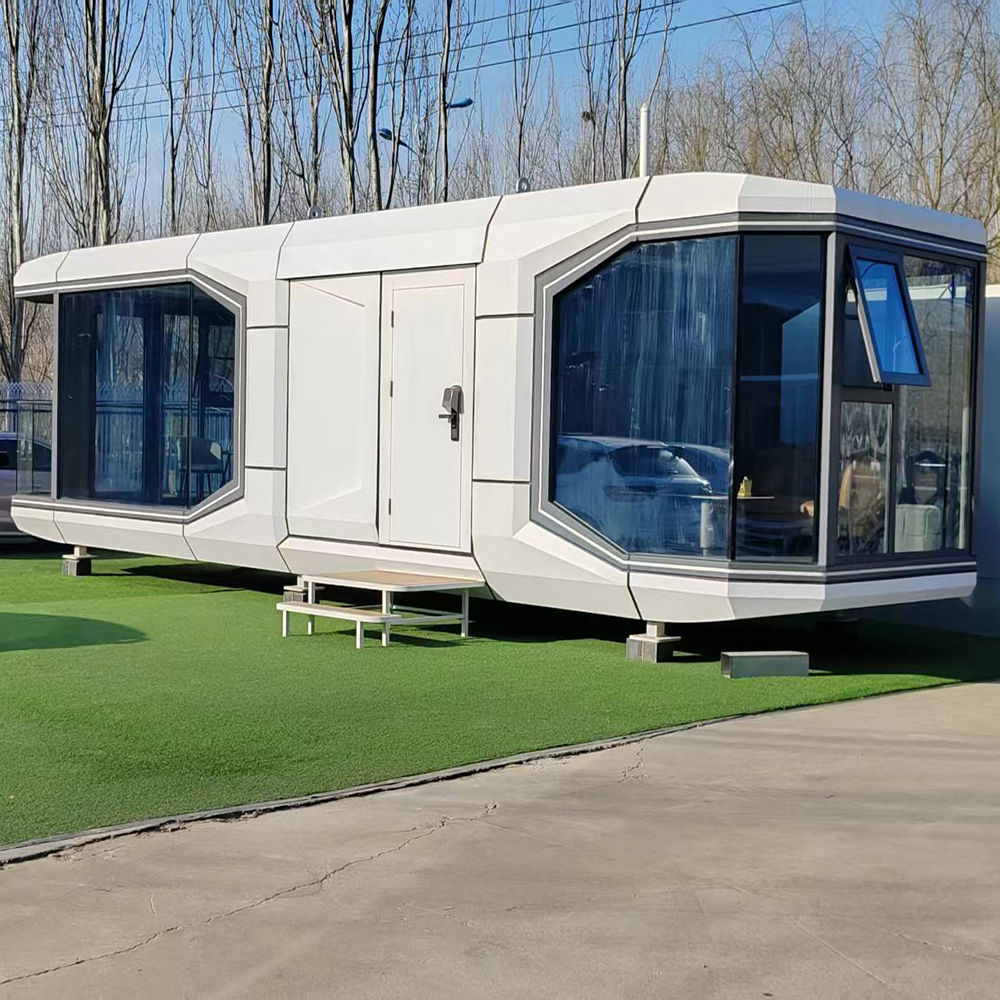 Luxury High Quality 2 Bedroom Container Home Prefabricated Steel Space Capsule for Office Shop Hotel or Outdoor House
Luxury High Quality 2 Bedroom Container Home Prefabricated Steel Space Capsule for Office Shop Hotel or Outdoor House -
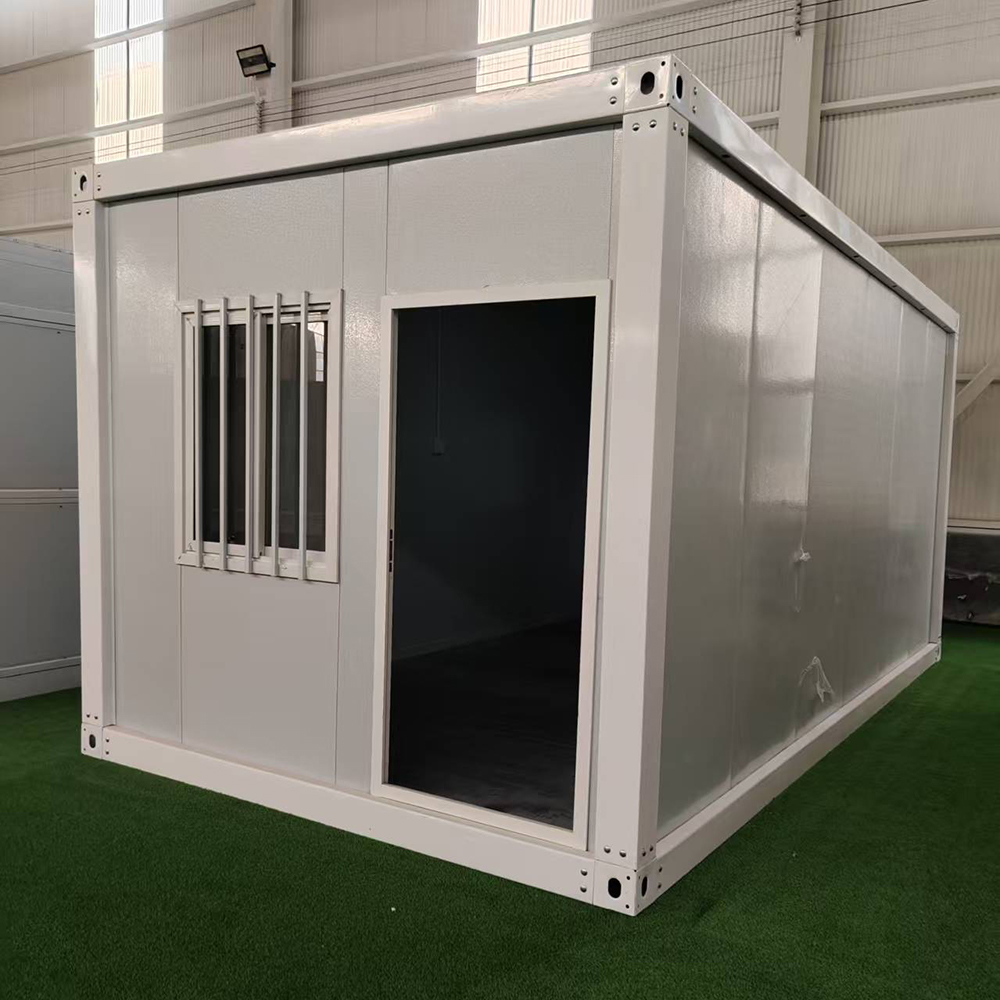 Folding Container Moving House Modular Office Container House Prefab Container for Outdoor Use
Folding Container Moving House Modular Office Container House Prefab Container for Outdoor Use -
 Reasonable Price 1 Bedroom Modular Container House Folding Container Home for Villa or Apartment Use
Reasonable Price 1 Bedroom Modular Container House Folding Container Home for Villa or Apartment Use -
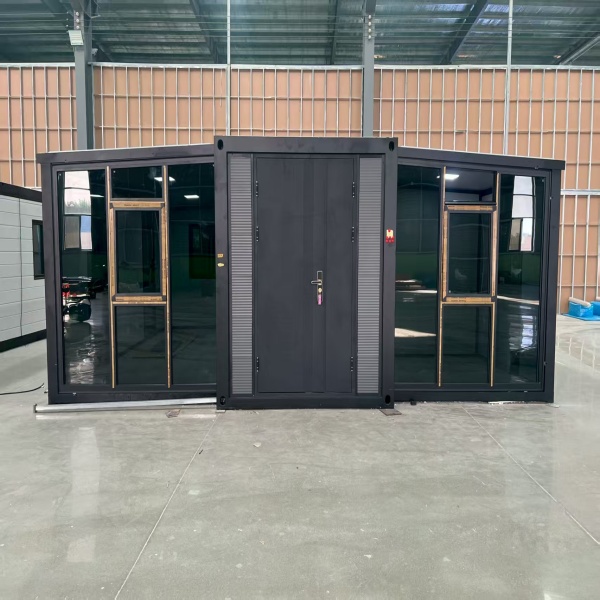 Customizable Office Mobile Home with Flat Roof and Double Wing Expansion Box, Convenient Container
Customizable Office Mobile Home with Flat Roof and Double Wing Expansion Box, Convenient Container -
 Customized Two Wing Folding Expandable Container House
Customized Two Wing Folding Expandable Container House -
Two Wing Folding Expandable Container House
-
 Easy Install Customized Detachable Container Homes Extendable House Prefab 2 Floors Expandable Container House
Easy Install Customized Detachable Container Homes Extendable House Prefab 2 Floors Expandable Container House -
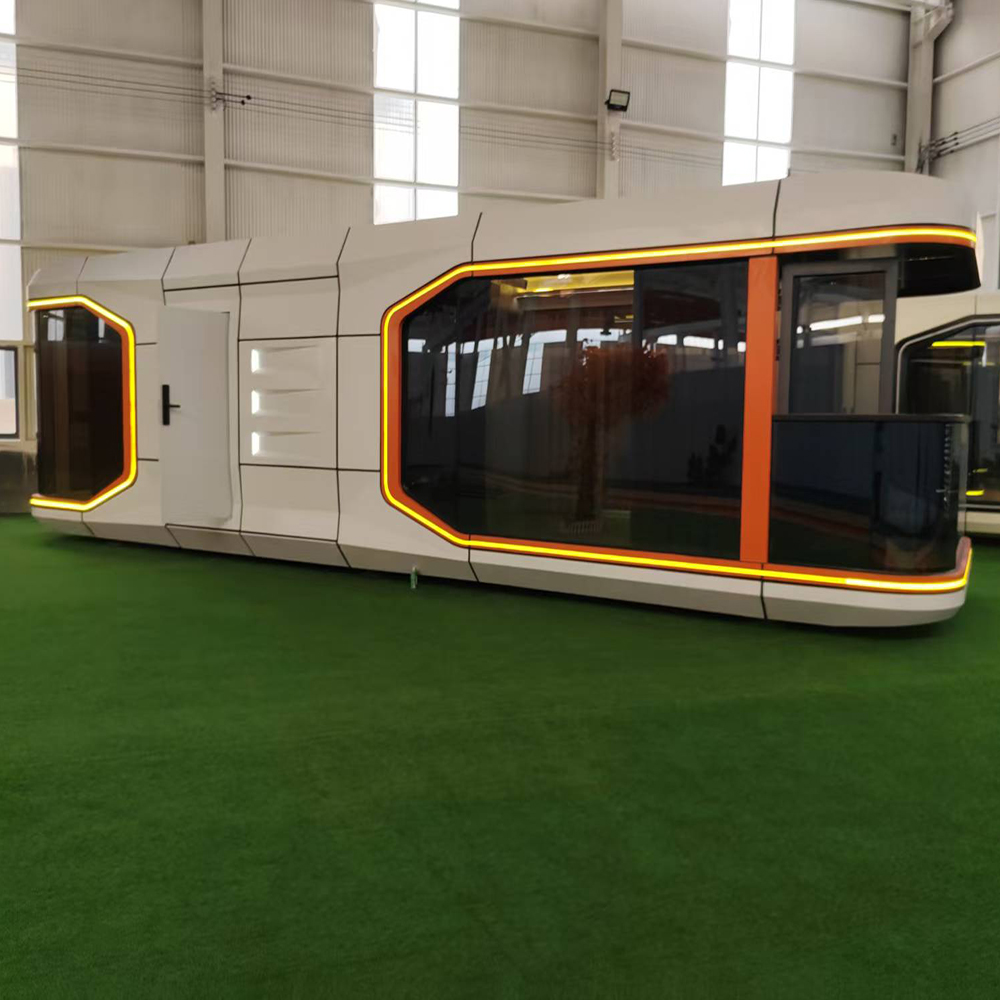 Standard Modern Camping Pod Space Prefabricated Portable Mobile Capsule Room Hotel Bathroom Prefabricated Spaceship House
Standard Modern Camping Pod Space Prefabricated Portable Mobile Capsule Room Hotel Bathroom Prefabricated Spaceship House -
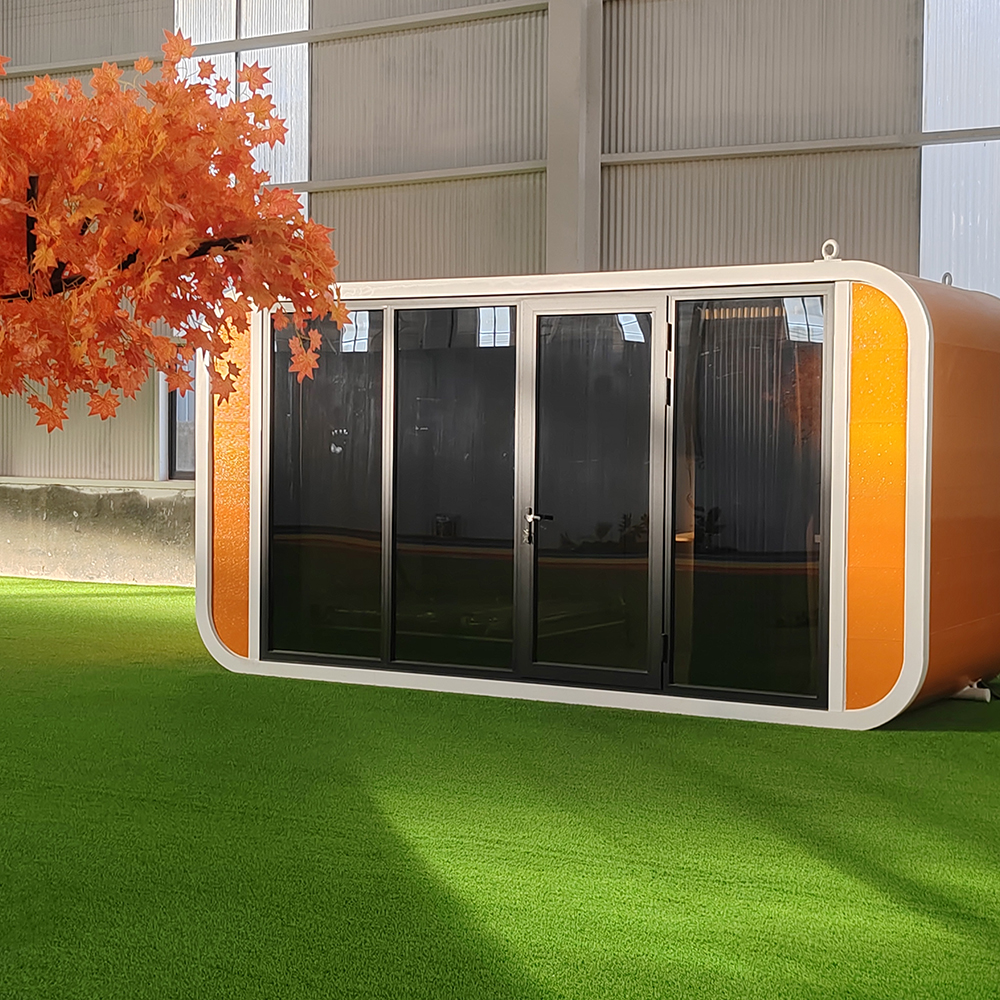 Luxury Prefabricated Living Container House Modular Glass Tiny House Prefab Container Home Apple Cabin
Luxury Prefabricated Living Container House Modular Glass Tiny House Prefab Container Home Apple Cabin
Related search
Related search- prefabricated house folding container
- Buy wholesale expandable container house 40ft luxury
- assembled two bedroom home prefab expandable container house
- Buy fold out container homes price
- fold out tiny home
- prefabricated expandable container house
- prefabricated modular container house
- folding houses
- new spire prefabricated house container house
- Buy low price container prefabricated house









